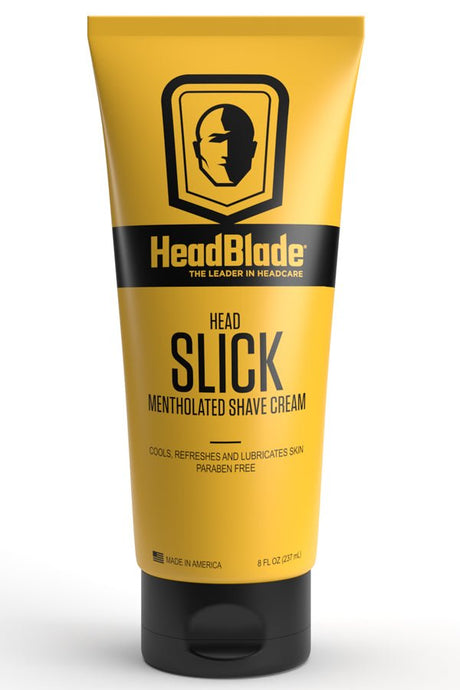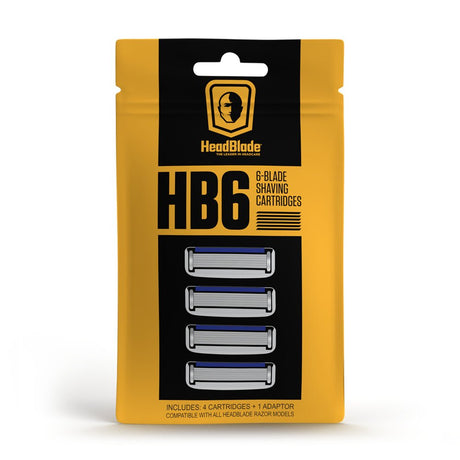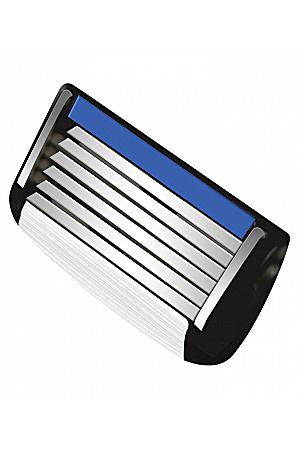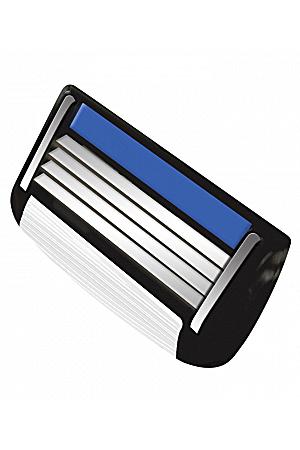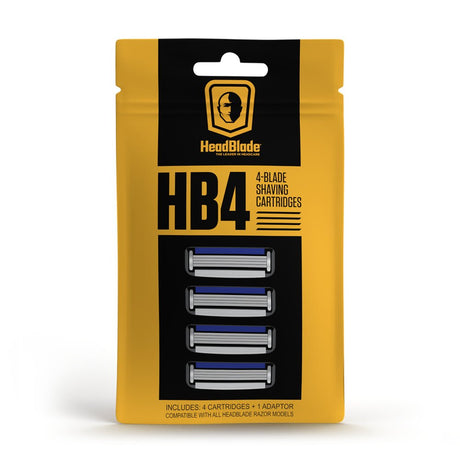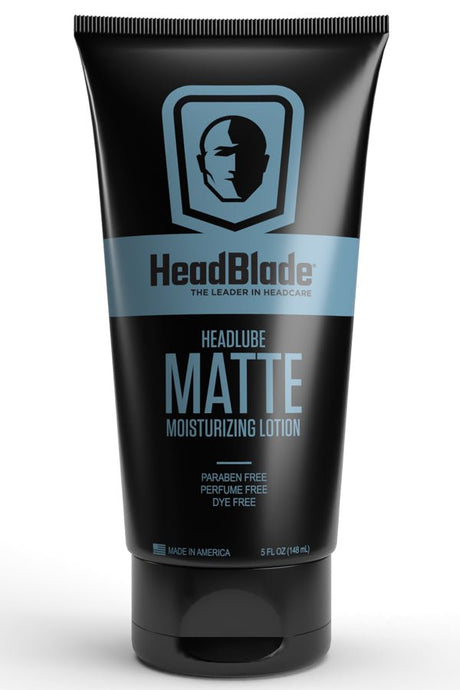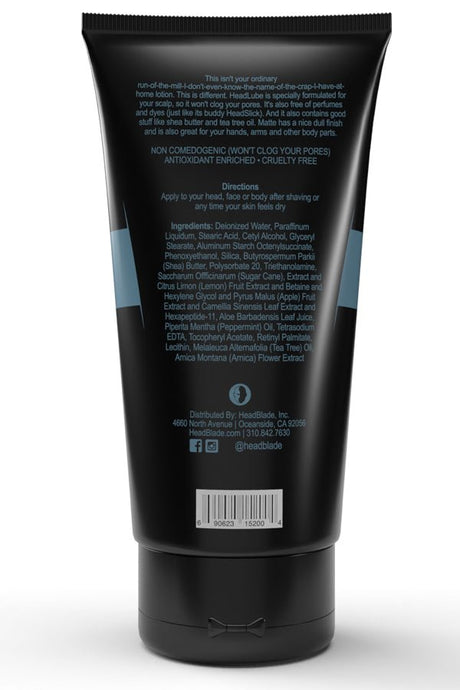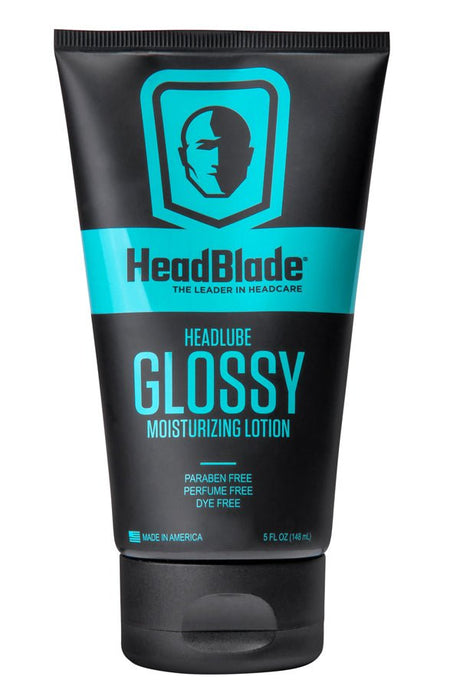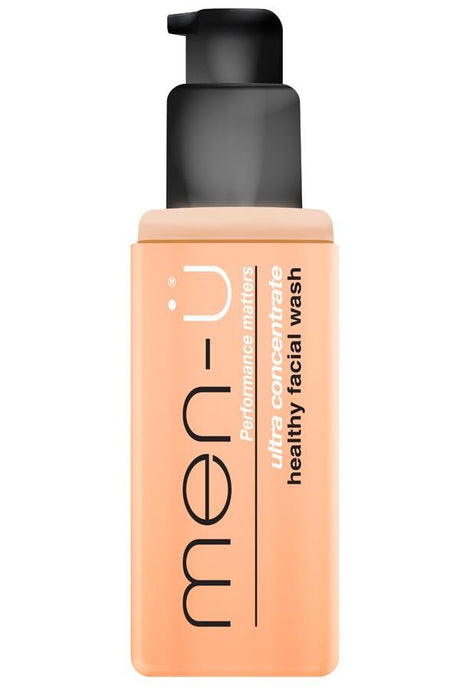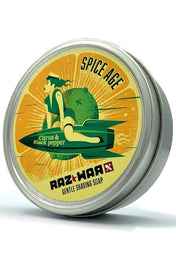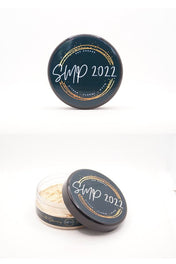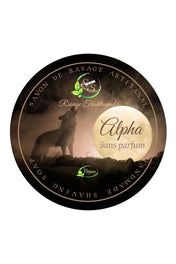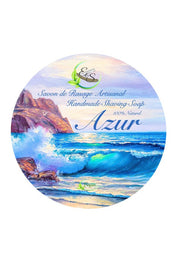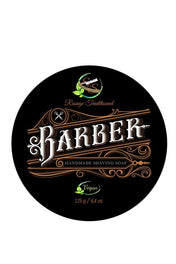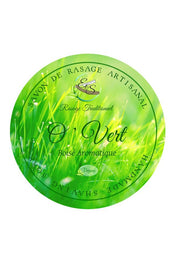Gentlemen, as you know from us: "You don't have to do anything at all." Nowadays, everyone talks a lot about sustainability: "We all need to live more sustainably and environmentally friendly." Compared to using many other grooming products, wet shaving the classic way is actually very sustainable. Shaving with a classic razor, shaving brush and a nice shaving soap in a wooden bowl or a shaving cream in a metal pot is good for the environment. So everyone who shaves the classic way is simply doing well. Actually, classic wet shaving is the future.
What is sustainability in shaving?
Look, not shaving is of course the most sustainable. We have to be honest about that. But most men find it pleasant to shave regularly nice and smooth and fresh. Wet shaving is just nice. And if you have a beard, the beard contours also need to be shaved regularly. Which aspects during the morning ritual determine the degree of sustainability? We have listed them in this blog.

Where do my shaving products come from?
The less transport, the better for the environment. Fortunately, most shaving brands or products are produced in Europe: England, Germany, France, and Italy. Unfortunately, there are only a few top-quality shaving brands made in the Netherlands and Belgium, such as Baume.be, Biolijf, Guardenza, and De Scheermonnik. Of course, there are also many beautiful artisanal shaving brands from the USA, such as Stirling Soap Co and Zingari Man. But these brands have to come from far away.
For shaving products, you need raw materials. Where do these raw materials come from? An important ingredient for shaving soap is coconut oil. This oil ensures a nice stable foam. For a good shaving soap, we cannot do without this oil. Shea butter is also widely used in shaving soaps and shaving creams. It also provides stable foam and has a nourishing and caring effect. These ingredients must be imported from distant countries.

Palm oil is also commonly found in shaving soaps. There is much discussion about the sustainability of regular palm oil. Therefore, various shaving brands no longer use palm oil, such as the Italian Saponificio Varesino.

For wet shaving, you naturally need a shaving brush. Most shaving brushes are made in Germany, England, France, and Italy. Unfortunately, the badger and synthetic hairs for the shaving brush have to be imported by the producers from China.

Many people have ethical objections to using a badger hair shaving brush. The badgers certainly don't have a pleasant life in their cage. Shaving brushes with synthetic hairs are becoming increasingly popular. However, there are also people who want to ban plastic from the bathroom and use as little plastic as possible and prefer a natural product. Well, everything naturally has its pros and cons.

Many safety razors and open razors are also made in Europe. The English Edwin Jagger has a factory in Sheffield. The razors from DOVO and Merkur are produced in the famous Solingen. The Muhle factory is located in Stützengrün. The top-quality open razors from Thiers-Issard are made in France. The various loose parts and raw materials, such as metal and wood, can of course come from outside Europe.

How long can I shave with my shaving product?
The longer you can use the same product, the more sustainable it is. Shaving once and then throwing away the razor is of course not sustainable. We regularly hear from our customers that they want to switch to a more environmentally friendly razor, such as the safety razor or the straight razor. A safety razor easily lasts 10 years or longer. A straight razor lasts your whole life as long as you maintain it regularly.
A good shaving brush also has a very long lifespan: 5 to 10 years. If you clean the shaving brush well after use and hang it upside down in a holder, you will enjoy your shaving brush for a long time.

Is my shaving product recyclable?
The less waste, the better. A classic shaving soap in a metal or wooden bowl is more sustainable than a ready-made shaving foam in a can. You can easily shave for 3 to 4 months with a shaving soap. When the shaving soap is finished, you can optionally refill the same jar.

The loose cartridge razor blades from the well-known large razor brands are not sustainable. The blades contain metals and plastics. This makes recycling practically impossible. A few shaves and then straight into the trash. The double edge razor blades consist only of metal. In waste processing, metals are extracted with a magnet and reused.

How environmentally friendly are the ingredients of my shaving product?
The fewer synthetic components, the more environmentally friendly. Many care products contain synthetically produced ingredients, such as parabens and mineral oils. Synthetic raw materials are not necessarily dangerous or bad, but many people still prefer as many natural ingredients as possible, such as essential oils and plant or animal fats. Fortunately, we see more and more artisanal shaving products based on natural raw materials appearing on the shaving market, such as Meissner Tremonia, De Scheermonnik, Le Pere Lucien, and Stirling Soap Co.

Especially American shaving products contain animal oils and fats, such as pork and beef fat. These are the so-called tallow soaps. These shaving soaps are popular because of their excellent shaving properties, good protection, and nourishing effect during shaving. Many vegetarians or vegans among us will say: "I prefer no animal fats in the shaving product because of the animals and the environment." Many of our customers consciously choose shaving products based on plant oils and fats. In short, the choice is naturally different for everyone and very personal.



